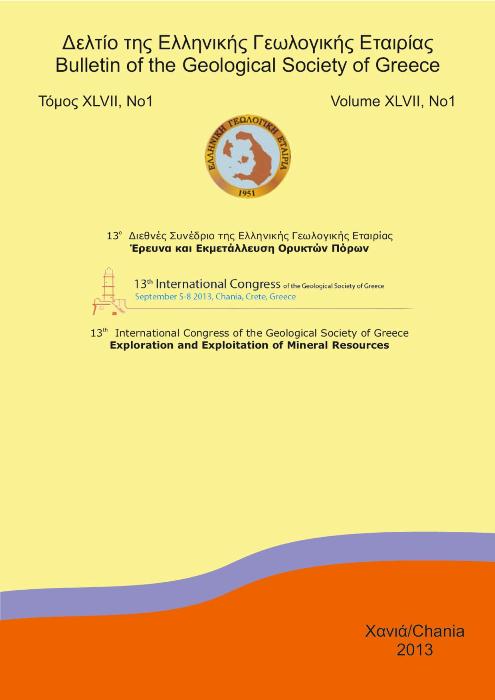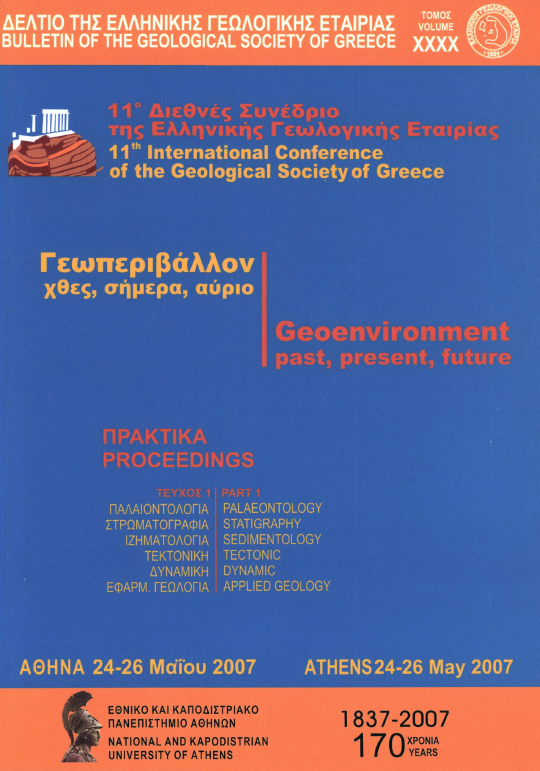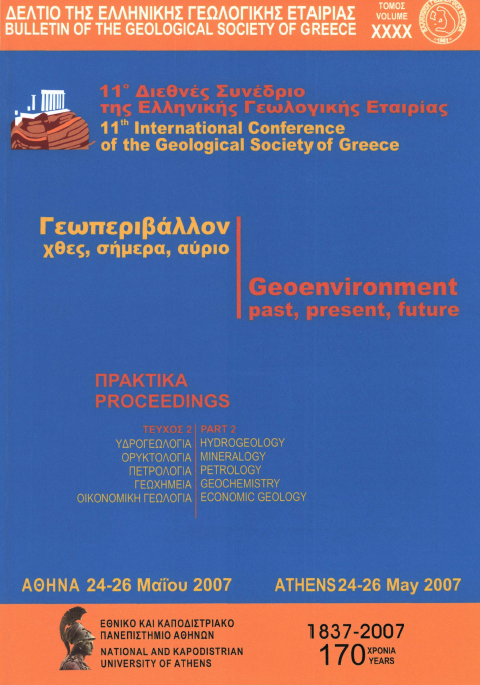On some local restricted Maastrichtian environments of the "Hațeg Island" (Transylvania, Romania)
Résumé
The continental Maastrichtian formations from Transylvania are notorious mainlyfor bearing peculiar fossils related to an island realm known as the "Hațeg Island". The thick piles of sedimentary rocks accumulated in fluvial environments. The "red beds" are in dominance. However, local peculiar environments are of interest for specific types of fossilization (plants, invertebrates or vertebrates), i.e. ox-bow lakes or fluvial temporary abandoned channels. In such deposits the fossil record can be different compared to the red beds, especially when the oxygen content was low. Case studies as the ones from Pui (Hațeg Basin) or Oarda de Jos (SW Transylvanian Basin) are exposed. The relationships of fossil taxa and these restricted environments are discussed.
Article Details
- Comment citer
-
Codrea, V., Solomon, A., Fărcaș, C., & Barbu, O. (2013). On some local restricted Maastrichtian environments of the "Hațeg Island" (Transylvania, Romania). Bulletin of the Geological Society of Greece, 47(1), 82–91. https://doi.org/10.12681/bgsg.10905
- Rubrique
- Palaeontology, Stratigraphy and Sedimentology

Ce travail est disponible sous licence Creative Commons Attribution - Pas d’Utilisation Commerciale 4.0 International.
Authors who publish with this journal agree to the following terms:
Authors retain copyright and grant the journal right of first publication with the work simultaneously licensed under a Creative Commons Attribution Non-Commercial License that allows others to share the work with an acknowledgement of the work's authorship and initial publication in this journal.
Authors are able to enter into separate, additional contractual arrangements for the non-exclusive distribution of the journal's published version of the work (e.g. post it to an institutional repository or publish it in a book), with an acknowledgement of its initial publication in this journal. Authors are permitted and encouraged to post their work online (preferably in institutional repositories or on their website) prior to and during the submission process, as it can lead to productive exchanges, as well as earlier and greater citation of published work.






